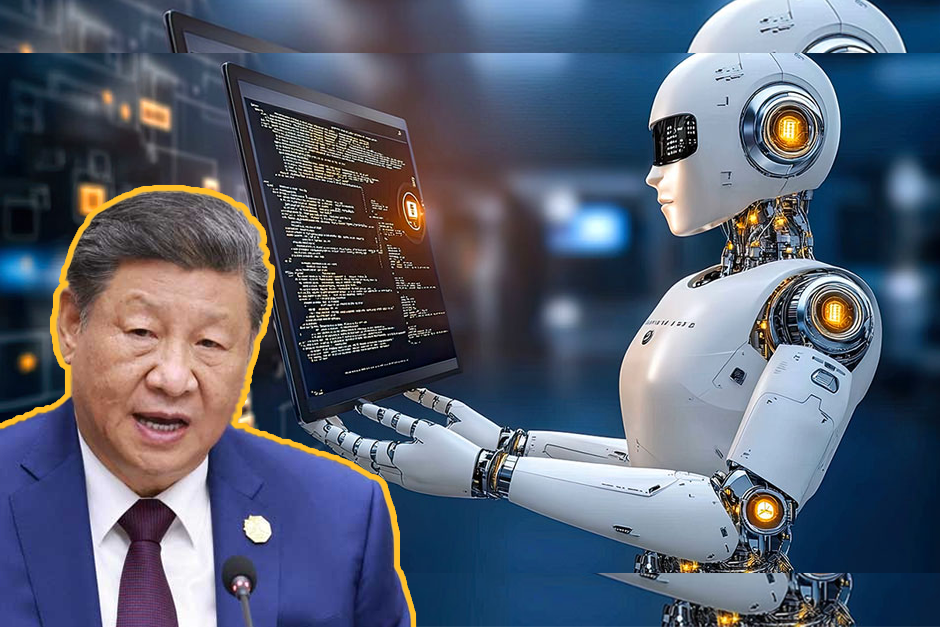The world of artificial intelligence is moving at lightning speed, and with that speed comes a critical question: Who gets to set the rules? At a recent APEC summit, China’s leader, Xi Jinping, threw a major proposal into the ring, suggesting a global body to govern AI. It’s a move that immediately sparks discussions about international influence and, perhaps inevitably, a counter-narrative to the approach taken by the U.S. and its allies. This isn’t just about lines of code; it’s about shaping the future of technology, global power dynamics, and even our everyday lives.
The Global AI Governance Gauntlet
Picture this: a rapidly evolving technology that promises to transform everything from healthcare to national security. Naturally, everyone wants a say in how it’s developed and deployed. China’s proposal for a global AI governance body isn’t just a polite suggestion; it’s a strategic play for influence. By advocating for a unified international framework, Beijing aims to establish its vision for AI’s future on a global scale. This approach aligns with China’s broader foreign policy objectives, seeking multilateral solutions that can amplify its voice and values.
The push for a single global body suggests a desire to standardize norms, ethics, and even development pathways under a potentially broad umbrella. This could allow China to export its significant advancements and regulatory philosophies in AI, ensuring its domestic industry thrives within a globally accepted framework that it helped construct. As one international relations analyst, Dr. Evelyn Reed, put it, “China’s proposal isn’t just about sharing; it’s about shaping. They understand that whoever writes the rules for AI will largely determine its trajectory for decades to come, economically and ideologically.”
Two Visions, One Future?
On the other side of the AI coin, the United States and its democratic partners generally favor a different approach. While acknowledging the need for international cooperation, their emphasis often leans towards interoperable frameworks among like-minded nations, focusing on shared democratic values, human rights, and the responsible, transparent development of AI. There’s a strong belief that AI innovation should be driven by open societies and private sector ingenuity, rather than a centralized, potentially state-controlled global body.
The U.S. approach often highlights risks associated with AI developed and controlled by authoritarian regimes, such as surveillance, censorship, and biased algorithms. Their concern isn’t just about technical standards, but about ensuring AI serves humanity’s best interests, not just specific state agendas. The implicit counter to China’s global body proposal is a vision where AI governance is built on pluralism, competition of ideas, and a commitment to individual freedoms.
The Stakes Are High
This isn’t merely a geopolitical chess match; it’s a fundamental debate over the soul of artificial intelligence. Will AI be governed by a centralized, potentially monolithic entity, or will its development and oversight be fragmented, guided by different national and ideological frameworks? The outcome will impact everything from data privacy and algorithmic fairness to international competitiveness and national security. The world is watching to see which vision gains traction, and how these powerful narratives ultimately shape the most transformative technology of our time.




